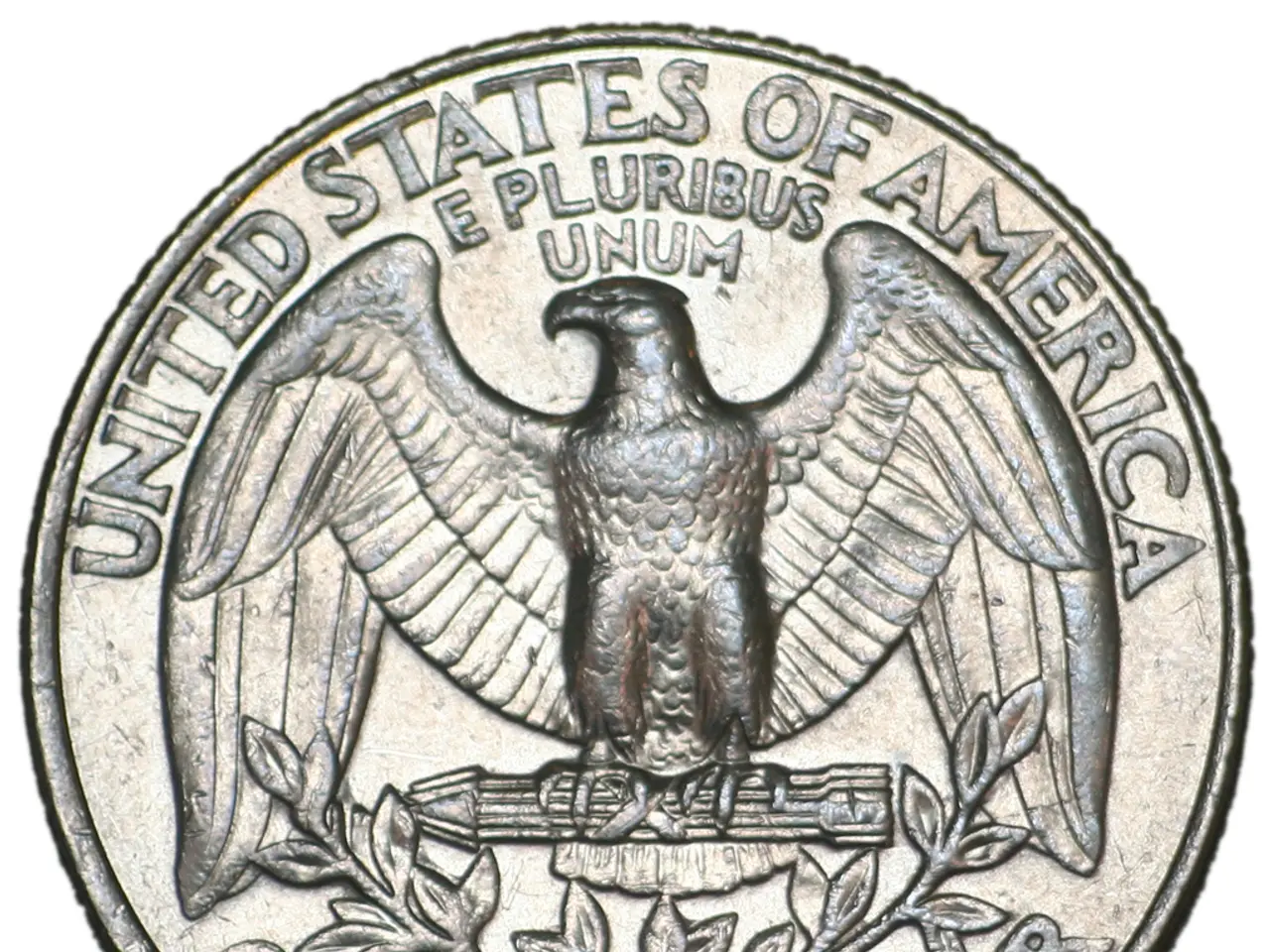Trump Issues Executive Decree Forbidding Banks from Dissociating Cryptocurrency Sector
In a significant move for the crypto industry, President Donald Trump signed an executive order titled "Guaranteeing Fair Banking for All Americans" on August 7, 2025. The order aims to prohibit debanking practices that discriminate against individuals or businesses based on political or religious beliefs or lawful business activities, including crypto-related initiatives.
The order is among the latest efforts to deliver on promises made to the crypto industry during the 2024 campaign. It directs federal banking regulators to end "politicized or unlawful" debanking and to ensure banking access is determined solely by individualized, objective, and risk-based analyses rather than subjective “reputation risk.” The order requires regulators to review past and current debanking policies within 120 days and to take corrective actions, such as fines or consent decrees, against institutions engaging in improper discrimination.
The executive order builds on earlier initiatives, such as the January 2025 "Digital Assets Order," which affirmed support for the growth of digital assets and blockchain technology but did not specifically mandate fair banking access. In conjunction with the order, legislative efforts by Congressman Andy Barr and Senator Kevin Cramer seek to codify these protections into law through bills like the “Fair Access to Banking Act” and the “Financial Integrity and Regulation Management (FIRM) Act.” These bills target larger banks, imposing requirements to ensure fair access and prohibit using “reputation risk” as a basis to restrict services, reinforcing the Executive Order's aims.
Key details of the Executive Order include:
- A declaration that it is U.S. policy that no American should be denied banking services based on protected beliefs or lawful activities.
- Requirements for decisions by banks to be based on objective, individualized risk evaluations.
- Orders for federal regulators (Federal Reserve, FDIC, OCC, NCUA, CFPB) to review financial institutions' policies for politicized debanking within 120 days.
- Empowerment of regulators to impose disciplinary actions against non-compliant banks.
- The removal of "reputation risk" as a supervisory factor in banking examinations, a shift already signaled by several regulators.
This initiative reflects increased federal scrutiny of debanking practices that have disproportionately affected the crypto industry and other law-abiding businesses, with strong endorsements from industry advocates who highlight the need for consistent, fair financial access to maintain U.S. competitiveness in fintech.
The prices of major digital coins and tokens rose on the news, with Bitcoin and Ethereum trading 2% and nearly 6% higher, respectively. This move is seen as a positive step towards fostering a more inclusive and supportive environment for the crypto industry in the United States.
The order continues the administration's onslaught against the Biden era's more restrictive policies toward the industry. It targets unfair debanking initiatives against the digital assets industry, such as the controversial Obama-era initiative "Operation Choke Point," which discouraged banks from doing business with a number of companies. The U.S. Securities and Exchange Commission has also backed off a number of Biden-era lawsuits against crypto companies. Furthermore, the order permits crypto investments in 401K retirement plans.
In summary, the Executive Order and complementary legislation embody a coordinated federal effort to guarantee fair and nondiscriminatory banking access, explicitly including crypto-related entities, by prohibiting political or ideological discrimination and mandating transparent, risk-based criteria in banking decisions.
- The executive order, titled "Guaranteeing Fair Banking for All Americans," signed by President Trump on August 7, 2025, aims to prohibit debanking practices that discriminate against crypto-related initiatives.
- The order directs federal banking regulators to end politicized or unlawful debanking and ensure banking access is determined solely by individualized, objective, and risk-based analyses.
- The prices of major digital coins and tokens like Bitcoin and Ethereum rose on the news, trading 2% and nearly 6% higher, respectively, as a positive step towards fostering a more inclusive and supportive environment for the crypto industry in the United States.
- The "Fair Access to Banking Act" and the "Financial Integrity and Regulation Management (FIRM) Act," legislative efforts by Congressman Andy Barr and Senator Kevin Cramer, seek to codify these protections into law, targeting larger banks and reinforcing the Executive Order's aims.
- The order continues the administration's onslaught against Biden era's more restrictive policies toward the industry and permits crypto investments in 401K retirement plans.
- The order explicitly includes crypto-related entities in its aim for fair and nondiscriminatory banking access, mandating transparent, risk-based criteria in banking decisions.




